 Rare cancer study identifies patients at high risk of metastasis
Rare cancer study identifies patients at high risk of metastasis
A large genomic study of a rare cancer called metastatic pheochromocytoma identified patients at high risk of metastasis, as well as those most likely to respond to immunotherapy. The results, published in Nature Communications on February 28, may allow closer following up of patients with poor prognoses, and facilitate more personalized treatments. Read More
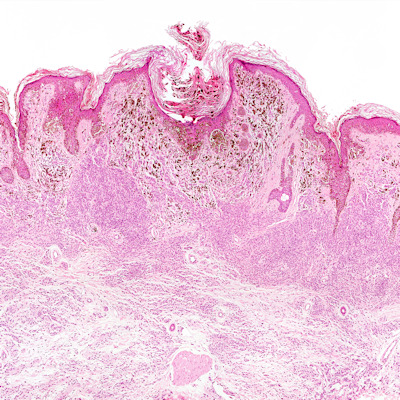 Plugging immune cell leakage may improve melanoma treatment
Plugging immune cell leakage may improve melanoma treatment
NYU Langone Health researchers found in a study that the number of specialized immune cells available for fighting skin cancer doubled when a new treatment blocked their escape from melanoma tumors. The study, published February 27 in Nature Immunology, found that combining an immune cell exit blocker with another immunotherapy drug stopped melanoma tumor enlargement in more than half of the mice tested. Read More
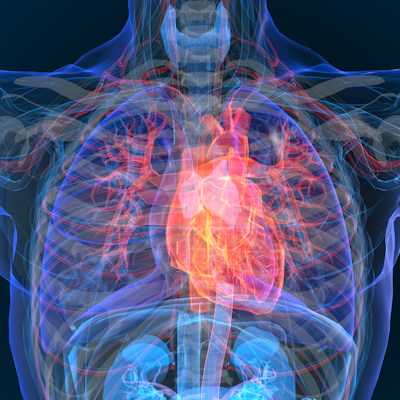 Results of largest cell therapy trial shed light of effect on heart inflammation and strength
Results of largest cell therapy trial shed light of effect on heart inflammation and strength
Physician-scientists at the Texas Heart Institute have published the results of a late-phase heart failure cell therapy clinical trial in the Journal of the American College of Cardiology. Read More
 Head injuries may increase brain cancer risk by changing cell behavior, study finds
Head injuries may increase brain cancer risk by changing cell behavior, study finds
Head injuries may increase the risk of developing brain cancer in later life by causing astrocytes to exhibit stem cell behavior, according to a study published in Current Biology. Read More
 Calming destructive ALS cells: two approaches
Calming destructive ALS cells: two approaches
Based on a mouse study, Northwestern Medicine scientists have discovered two ways to preserve diseased upper motor neurons that would normally be destroyed in amyotrophic lateral sclerosis (ALS). Read More
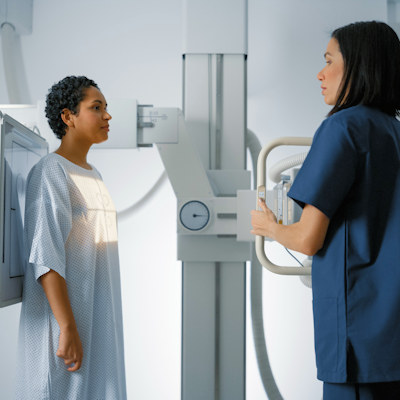 Missed cancer screenings continue during pandemic’s second year
Missed cancer screenings continue during pandemic’s second year
A nationwide study conducted by American Cancer Society researchers found that millions of Americans continued to miss critical cancer screening tests during the second year of the COVID-19 pandemic. The research, published February 23 in the Journal of Clinical Oncology, indicates that the ongoing COVID-19 pandemic is having a detrimental effect on cancer screenings. Read More
 Blood biomarker facilitates vascular dementia diagnosis
Blood biomarker facilitates vascular dementia diagnosis
A National Institutes of Health (NIH)-funded consortium has found that measuring a key blood molecule may identify the degree to which impaired blood flow to a patient’s brain contributes to dementia. Read More
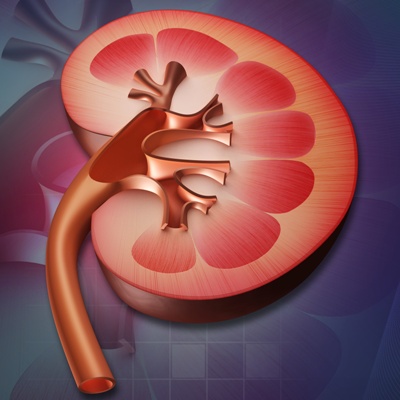 DNA mutations linked to kidney cancer recurrence reveal way to optimize treatment
DNA mutations linked to kidney cancer recurrence reveal way to optimize treatment
Researchers have linked tumor DNA mutations to the likelihood of kidney cancer recurring, suggesting that treatment and follow-up can be optimized based on genetic factors. Read More
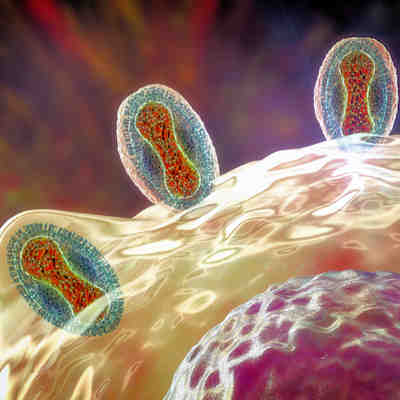 Discovery of severe form of mpox spurs call for update to list of AIDS-defining diseases
Discovery of severe form of mpox spurs call for update to list of AIDS-defining diseases
Researchers have identified a new, severe form of mpox that has a 15% mortality rate in people with advanced HIV disease and immunosuppression. Read More
 Analysis of genome-wide methylomic variations reveal epigenetic changes in Alzheimer’s brains
Analysis of genome-wide methylomic variations reveal epigenetic changes in Alzheimer’s brains
DNA methylation affects gene and protein co-expression networks associated with Alzheimer’s disease and offers a novel way to treat the condition, according to new research. Read More
Conferences
Science Briefs
Member Rewards
Earn points for contributing to market research. Redeem your points for merchandise, travel, or even to help your favorite charity.
Research Topics
Interact with an engaged, global community of your peers who come together to discuss their work and opportunities.
Connect
Tweets by @ScienceBoard






